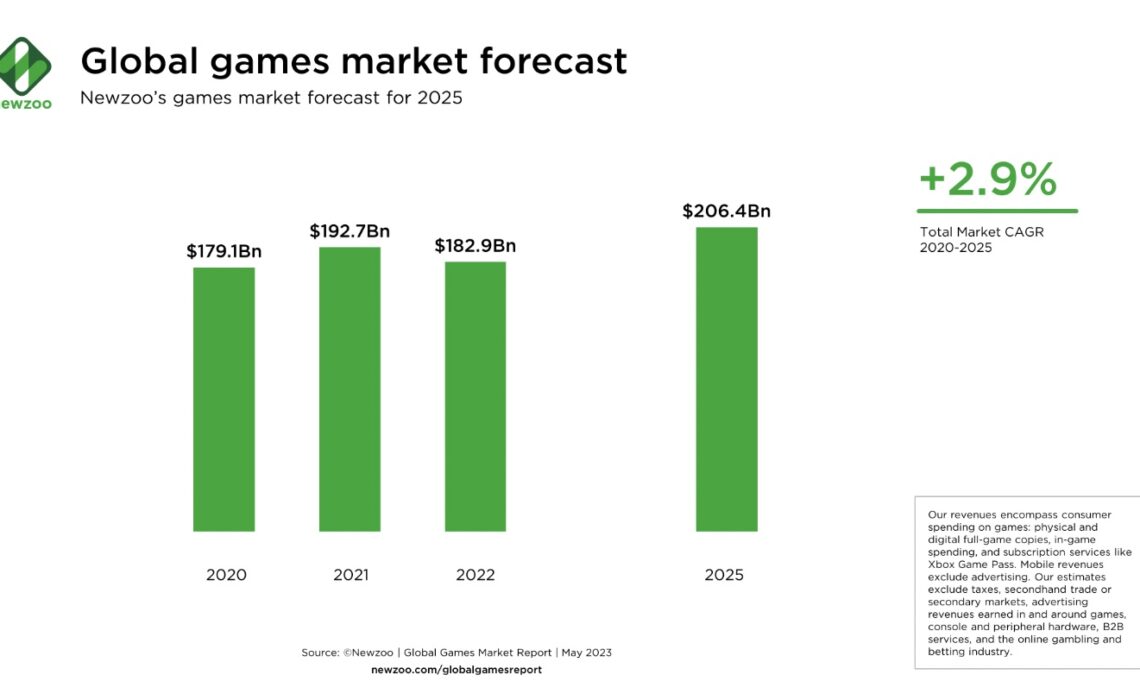Sony and Microsoft, two of the biggest names in gaming, have been making significant moves towards blockchain technology in recent years. This is an important development, as it has the potential to not only revolutionize the gaming industry but it could be the Trojan horse that makes blockchain a mainstream possibility.
Sony has filed a patent for a system allowing players to transfer digital assets between PlayStation titles using blockchain technology. This would enable unified progress and asset ownership across different games rather than having assets locked to individual games. Sony has also explored tokenizing in-game assets, allowing players to sell and trade them on secondary markets.
Leaked documents show that Microsoft is planning to add crypto wallets to Xbox. This would allow players to trade assets across different platforms securely. Microsoft’s goals in annual reports also align with this, as they are pursuing the acquisition of Activision Blizzard and acquiring Savage Game Studios for mobile. This suggests that Microsoft is serious about expanding its gaming presence and that blockchain could play a role.
Related: The reason bots dominate crypto gaming? Cash-grubbing developers incentivize them
Blockchain gaming is a significant opportunity, so it’s no surprise it is gaining attention from two gaming leaders. Estimates suggest the market’s value in 2025 could be up to 10% greater than in 2022.
The main drivers of the growth of the blockchain gaming market include the increasing popularity of play-to-earn games, the growing demand for more immersive and engaging gaming experiences, and the increasing adoption of blockchain technology by game developers and publishers.
But why blockchain in the first place? The traditional gaming industry primarily generates revenue through game sales, in-game purchases, and subscriptions, often limiting player ownership of in-game assets and focusing monetization strategies on microtransactions and downloadable content (DLC).
While tokenization has been in games since the advent of the in-app purchase, the unique properties of blockchain offer true ownership of in-game assets, new revenue streams for players and creators, and more transparent and secure game economies, including the possibility for players to earn real-world value, community governance where players can influence game development…
Click Here to Read the Full Original Article at Cointelegraph.com News…
























